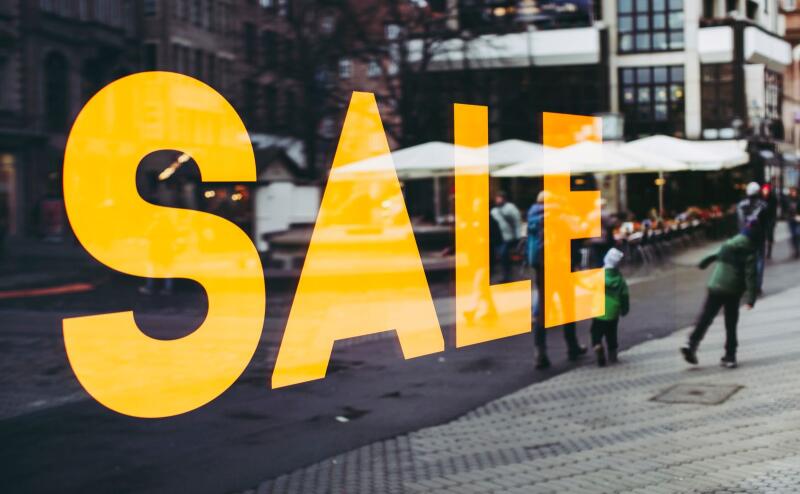Black Friday is around the corner and it is always so easy to get lost in all the sales and specials thrown at you by different brands.
It might even be worse this year as companies try to offset the effects of our sluggish economic growth and losses from July’s looting, while consumers will be tempted to stretch their hard-earned money as far as possible.
There’s already evidence of this with some online retailers announcing sales for the whole of November.
Some people will get caught up in the excitement of Black Friday and buy more than they had intended or things they don’t need or can’t afford
Shafeeqah Isaacs, head of financial education at DirectAxis, said that while Black Friday may provide an opportunity to pick up some good deals ahead of the festive season, this shouldn’t be at the expense of your financial well-being.
Shafeeqah and some experts from DirectAxis shared some simple guidelines about shopping on Black Friday, that will help you avoid overspending.
Do your homework
Avoid impulse buys. It’s a sure way to overspend. Prepare a shopping list beforehand and do some online research to compare prices.
This way you’ll know if you’re getting a good deal and won’t end up with a pile of stuff that you’ve overpaid for and don’t really want or need.
If you can’t afford it don’t buy it
Work out how much you can afford to spend and stick to that budget. If you can’t get what you need within the budget, then you can’t afford it now and will have to save until you can. Always protect your credit rating and avoid going into debt unnecessarily.
Shafeeqah points out that when consumers overextend themselves it affects their credit score. A poor credit score may result in future loan applications not being approved or having to pay more interest because you’re considered higher risk.
“Your credit score tells everyone from landlords to credit providers how financially responsible you are. It’s worth thinking about the potential long-term consequences before going on a Black Friday binge,” says Isaacs.
Buy the brands you know
Big brands are usually well prepared for Black Friday. They have the stock, IT and back-office systems in place to make sure their customers aren’t disappointed. They comply with the Consumer Protection Act and will have policies and procedures in place to deal with returns or damaged goods.
Don’t forget that scammers and con-artists are also looking to cash in on the hype around Black Friday, which is another good reason to stick with recognised brands.
Think beyond Black Friday
The festive season comes soon after Black Friday and it’s typically a time when people spend more than usual. If you max out your credit card at the end of November, you may have a miserable December holiday.
Also consider that many businesses pay their employees early in December. If you haven’t planned ahead this can make for a very long January.
There’s a great quote that’s attributed to various people including Hollywood stars, a comedian and financial planners, “We buy things we don’t need with money we don’t have to impress people we don’t like.” Keep that in mind when shopping this Black Friday.




